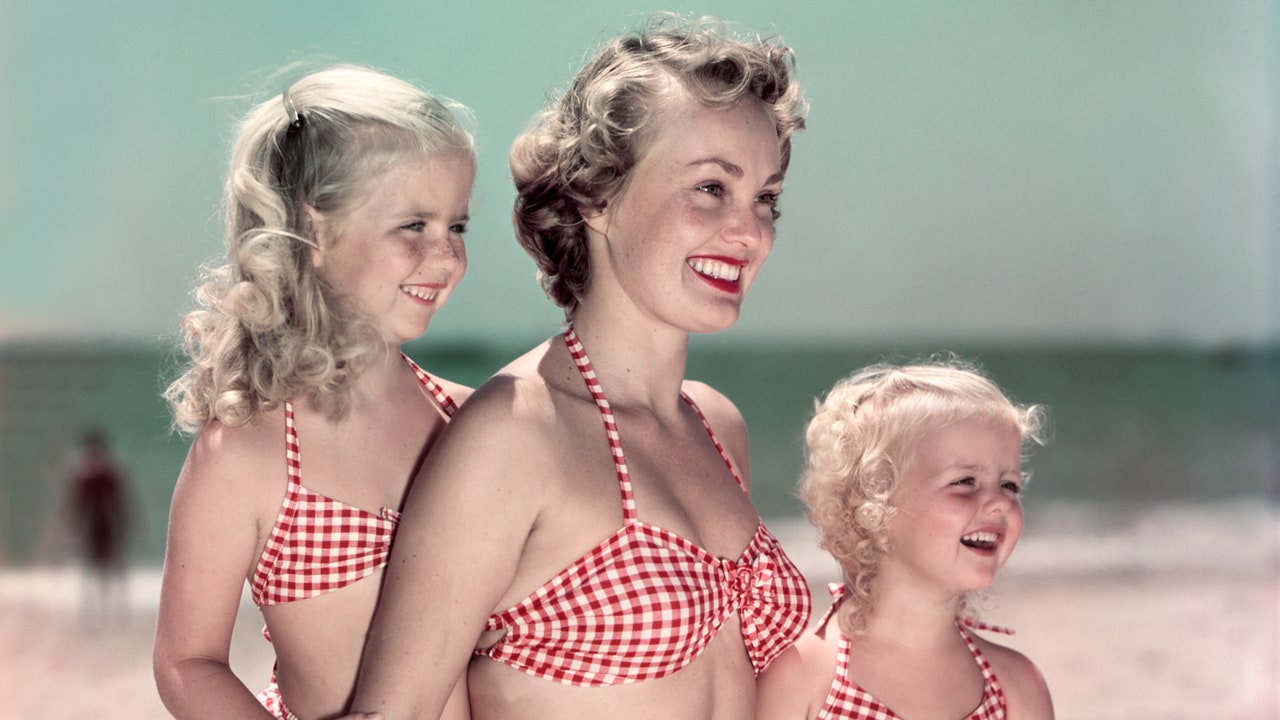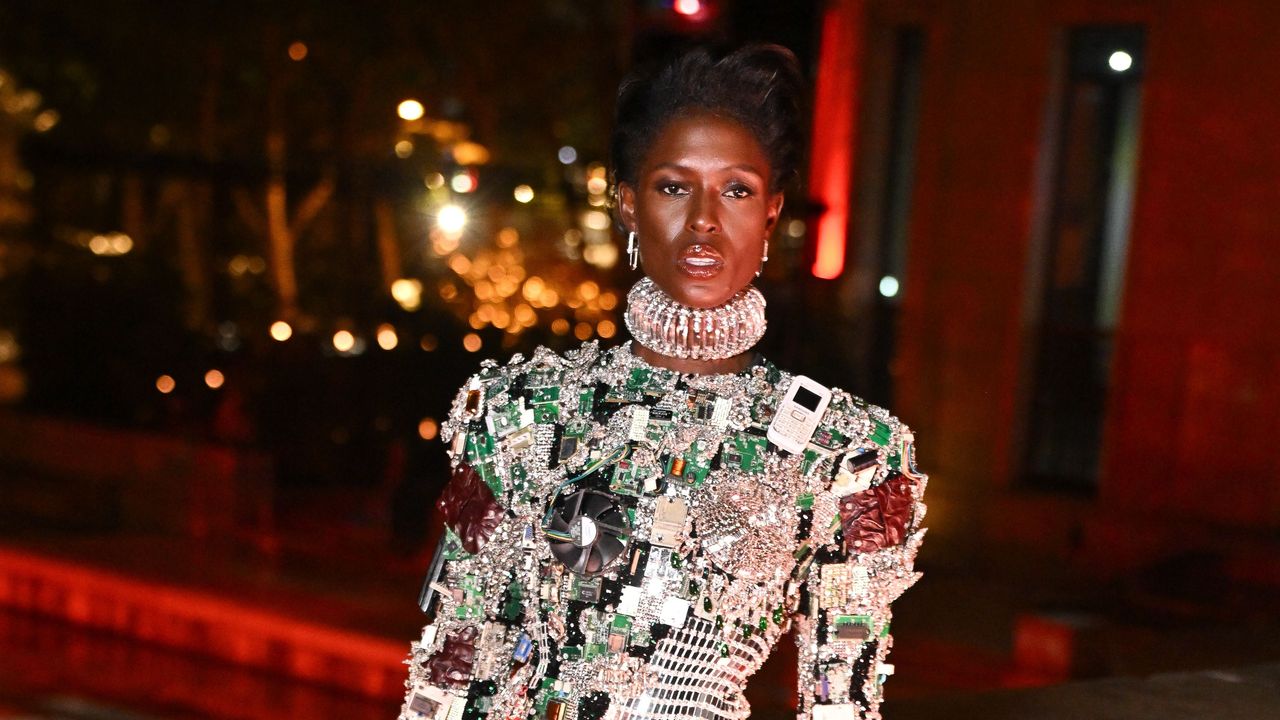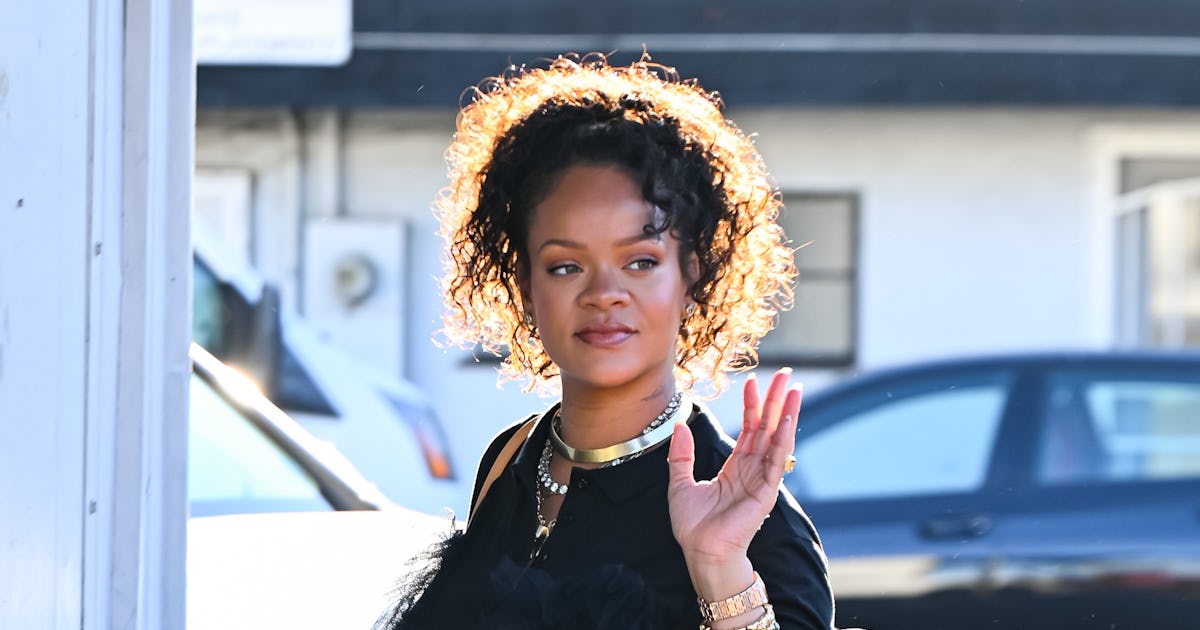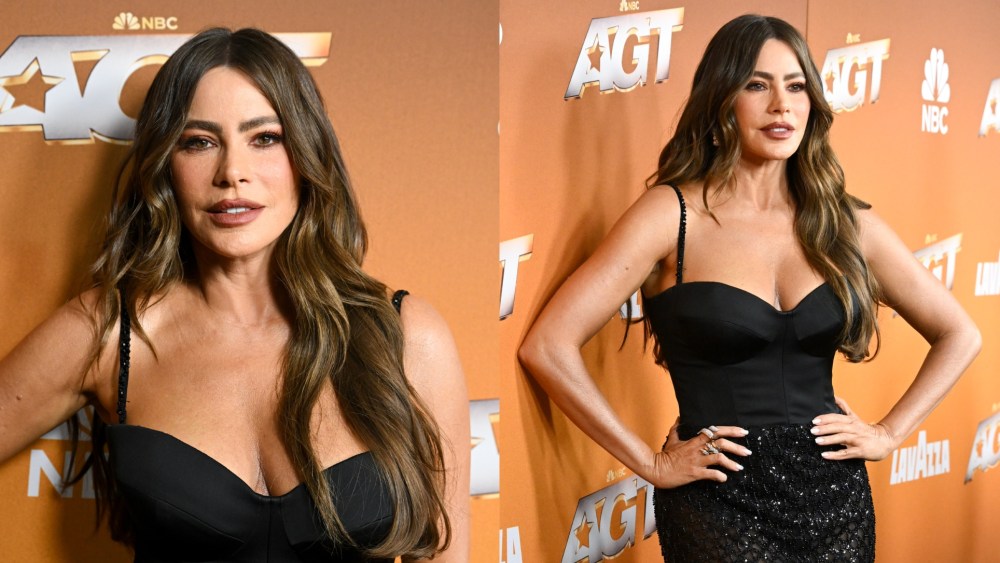
A brand cannot drop by and hold your baby or clean your bathroom, after all. Its support arrives in the form of affirmation, advice, and product recommendation. I saved one mama dispatch, on how to prepare the body for pregnancy, that typifies how the term is deployed in such direct-marketing operations:
Just keep doing you, mama! (If doing you doesn’t mean binge drinking on a Tuesday and smoking a pack a day). In all seriousness, your general health affects your reproductive health, so now’s the time to start taking stock in your eating, drinking, and lifestyle habits, particularly diet, exercise, drug use and caffeine.
The brand that calls you mama is both a cheerleader and a scold. It assures you that you’ve got this, mama, even as it intimates that you do not, in fact, have “this,” and perhaps are not even sure what “this” is (though presumably it can be purchased online). Most insidiously, it suggests that you have joined a community of mutual recognition and care, even as it directs you toward a monomaniacal focus on your own body, your own children, and your own private home life.
Mamaing, as Strauss described it, was a parenting mode that gestured at a deep nurturing bond between the mother and the child. It also suggested that mothering was the central position through which a woman ought to exert her influence on the wider world. With the rise of the Make America Healthy Again movement, the appointment of RFK Jr. to lead the Department of Health and Human Services, and the implementation of Project 2025, it has now achieved its peak political power. The tradwife influencer has become the defining maternal illusion of our age, the woman who singlehandedly makes her kids cough drops from scratch while looking hot and generating an income without ever leaving the kitchen. The Trump administration has considered awarding a “motherhood bonus” of $5,000 for every child born, a laughably meager sum. One pronatalist couple has advised the president to present a medal to American women who have six or more children, a tradition previously implemented by Nazi Germany.
The thing I find most annoying about mama is its insistence on gendering all aspects of parenting. By extending it to every woman with children, it suggests that—though we may not all be at work formulating beef tallow diaper creams—we all share an essential drive to nurture children, one that unites us all and separates us from the men. But in my house, it’s my husband who manages our kids’ medical appointments, makes sure they are eating salmon and spinach, and texts the other school parents about playdates. I promise this still leaves plenty of parenting for me to do; I am pushed to my limits doing the bare minimum!
#Dont #Call #Mama #Vogue






